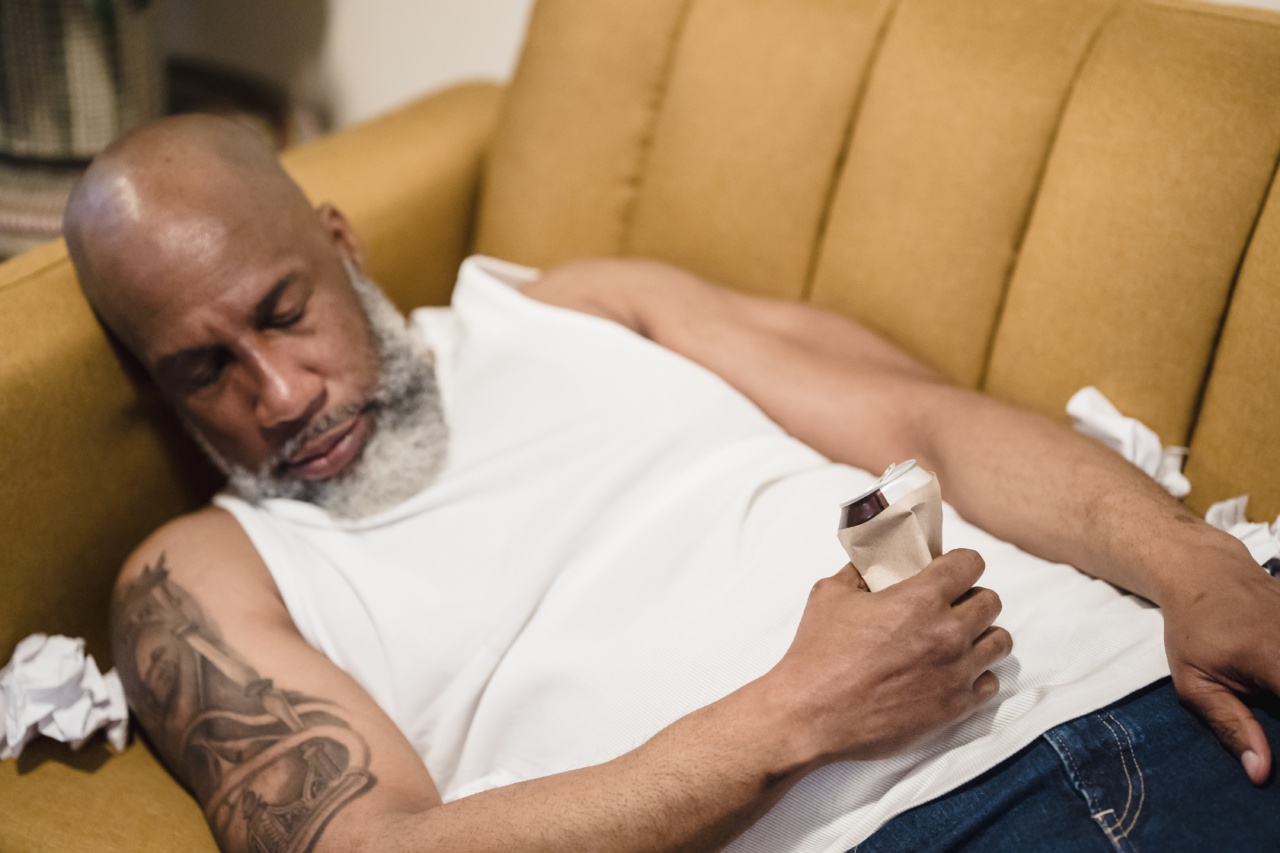Anxiety is a common mental health disorder that can cause significant distress and interfere with an individual’s daily life.
It is commonly characterized by a feeling of fear, worry, or apprehension about situations that are generally not dangerous or threatening. While some people are able to cope with their anxiety symptoms, others find it difficult to control their fears and may need professional help.
Most people who suffer from anxiety often wonder if it is possible to predict when an anxiety attack will occur.
Unfortunately, despite the numerous research studies conducted on anxiety, there is still no reliable way of predicting when an individual will have an anxiety attack.
Causes of Anxiety
Anxiety can be caused by a variety of factors including:.
- Genetics: Some people inherit genes that predispose them to anxiety disorders.
- Environmental factors: Certain environmental factors such as stress, trauma, or abuse can trigger anxiety.
- Chemical imbalances: Imbalances in neurotransmitters such as serotonin, dopamine and norepinephrine can also cause anxiety.
- Medical conditions: Some medical conditions such as thyroid disorders, cardiovascular disease, and respiratory disorders can cause anxiety.
Types of Anxiety Disorders
There are several types of anxiety disorders, including:.
- Generalized Anxiety Disorder (GAD): People with GAD experience excessive and unrealistic worry about everyday life events and activities.
- Panic Disorder: This type of anxiety disorder is characterized by sudden and unexpected panic attacks. Individuals may experience physical symptoms such as heart palpitations, sweating, trembling, and shortness of breath during an attack.
- Social Anxiety Disorder: People with social anxiety disorder often experience intense fear and anxiety in social situations. They may worry about being humiliated or embarrassed.
- Obsessive-Compulsive Disorder (OCD): OCD is characterized by intrusive, obsessive thoughts that drive individuals to perform repetitive, compulsive behaviors.
- Post-Traumatic Stress Disorder (PTSD): PTSD is a type of anxiety that occurs after an individual experiences a traumatic event such as war, natural disaster, or sexual assault.
Treatment for Anxiety
While there is no cure for anxiety, there are several treatment options available that can help manage symptoms, including:.
- Psychotherapy: Cognitive-behavioral therapy (CBT) is a type of psychotherapy that helps individuals identify and change negative thought patterns and behaviors that contribute to their anxiety.
- Medications: Antidepressants, anti-anxiety medications, and beta-blockers are often used to treat anxiety disorders.
- Mind-body techniques: Practices such as meditation, yoga and deep breathing can help reduce anxiety symptoms by promoting relaxation and reducing tension.
- Lifestyle changes: Regular exercise, healthy eating, and adequate sleep can also be effective in reducing symptoms of anxiety.
Can Anxiety Be Prevented?
While it is not possible to predict when an individual will have an anxiety attack, there are several strategies that can help reduce the risk of developing an anxiety disorder, including:.
- Exercise regularly: Regular exercise can help reduce the risk of anxiety and depression by increasing the release of endorphins in the body.
- Maintain a healthy diet: Eating a nutritious diet that includes whole grains, fruits, and vegetables can help reduce the likelihood of developing anxiety.
- Reduce stress: Stress is a significant risk factor for anxiety. Finding ways to manage stress such as meditation, mindfulness, and relaxation techniques can be helpful.
- Avoid drugs and alcohol: Substance abuse is associated with an increased risk of anxiety and depression.
Conclusion
While anxiety is a complex condition that can be difficult to predict, there are several treatment options available to manage symptoms.
It is essential to seek help if you are experiencing symptoms of anxiety as early intervention can lead to better outcomes.






























